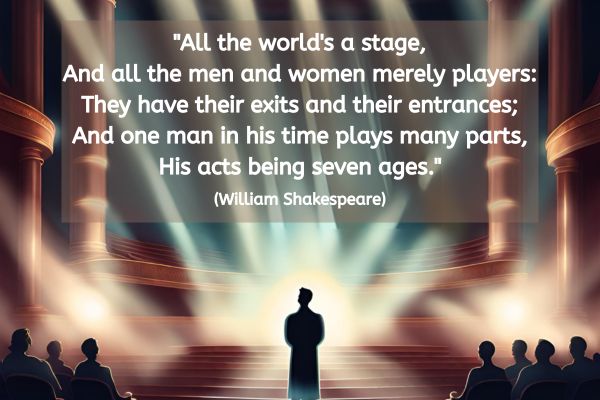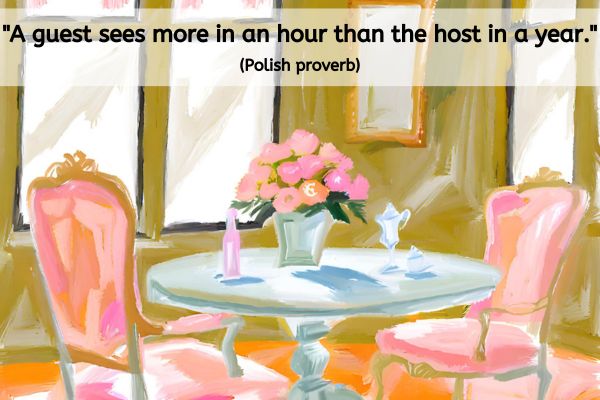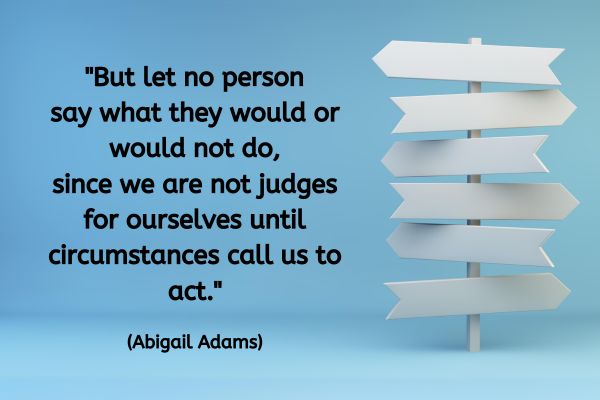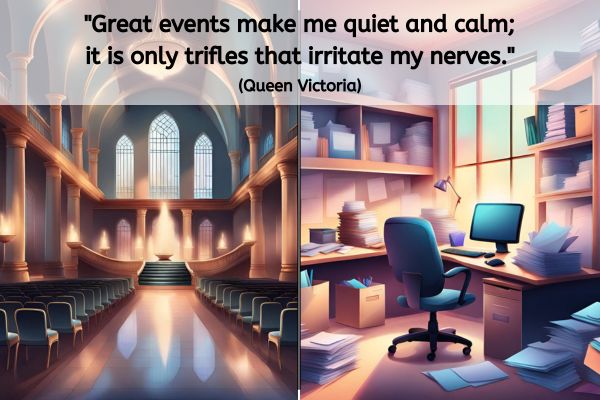Unveiling Life’s Roles Through Coaching Perspectives

In honour of today being #WorldTheatreDay, today’s quote is:
“All the world’s a stage, And all the men and women merely players: They have their exits and their entrances; And one man in his time plays many parts, His acts being seven ages.”. (William Shakespeare)
I’m going to be looking at this from thoughts it’s sparked for me in relation to coaching, rather than analysing this as you may have done in an English class!
Upon reflecting on Shakespeare’s profound words, what strikes me most is the intricate web of roles we assume throughout our lives. These roles come with a set of implicit rules, dictating our behaviours, expectations, and limitations. We often find ourselves bound by societal norms and personal beliefs, shaping our actions based on perceived obligations and responsibilities tied to each role.
Consider the roles we inhabit daily: parent, partner, employee, friend. Each carries its own script, a preconceived notion of how we should perform and what we should prioritise. Yet, it’s not merely the external expectations that influence us; our internal dialogue, thoughts, and beliefs also play a pivotal role. They shape our perception of these roles, colouring our interactions and experiences in subtle yet profound ways.
Our thoughts, beliefs, and perceptions act as the playwright behind the scenes, crafting the narrative of our lives. They determine which roles we embrace wholeheartedly and which ones we resist. They influence the choices we make, the paths we take, and the relationships we cultivate. In essence, our inner world shapes the stage upon which we play out the various acts of our lives.
Similarly, it’s crucial to ponder what roles we assume that aren’t inherently ours. Often, we find ourselves shouldering burdens and responsibilities that exceed our domain. This self-imposed pressure and tension serve as red flags, signalling that we may be venturing into territory beyond our rightful sphere of influence.
Upon closer examination, we may discover that these perceived obligations lie outside the realm of human control. Attempting to manage or fix situations beyond our purview only leads to frustration and disillusionment. Recognizing and relinquishing these misplaced roles liberates us from unnecessary stress and empowers us to focus on what truly matters within our sphere of influence.
This notion prompts us to delve deeper into our essence beyond the roles we enact. Who are we when stripped of all roles, including the constructs of self-image and identity? Exploring this existential question unveils the core of our being, free from societal expectations and personal narratives.
If we were to wield the pen as the playwright of our own lives, unbound by external scripts or preconceived notions, what narratives would we craft for ourselves? What dreams would we dare to pursue, and what aspirations would we fervently chase? Embracing this creative autonomy empowers us to shape our destinies authentically, guided by our deepest desires and aspirations.
It’s a common misconception to view our thinking as akin to a movie reel, playing out in a linear and predetermined fashion. We often believe that once a thought sequence begins, we’re obligated to see it through to its conclusion, as if it were etched in stone. However, what if we were to reframe our understanding of thought as more akin to a live theatrical performance?
In this metaphor, our thoughts take on the fluid and dynamic nature of a play unfolding on stage. Like actors delivering their lines, our thoughts emerge spontaneously and interact with one another in real-time. However, unlike a movie with a fixed script, a play offers room for improvisation and spontaneity. Just as actors may deviate from the planned dialogue or encounter unexpected plot twists, our thoughts can veer off script, leading us down unanticipated pathways.
Moreover, the theatrical analogy invites us to consider the behind-the-scenes elements of our thinking process. Just as a theatre production has its backstage areas where the mechanics of the show are at work, our minds harbour a realm of subconscious processes and unseen influences. Sometimes, these “backstage” workings manifest in our conscious awareness, offering glimpses into the inner workings of our minds.
Furthermore, technical issues may arise during a theatrical performance, disrupting the flow of the show and revealing the artifice behind the illusion. Similarly, in the realm of thought, we may encounter disruptions or glitches that challenge our assumptions and disrupt our habitual patterns of thinking. These moments of cognitive dissonance or uncertainty serve as opportunities for growth and insight, prompting us to question our ingrained beliefs and perspectives.
Just as a theatre production may be interrupted by unforeseen circumstances, such as a power outage or a medical emergency, our thought processes can be disrupted by external events or internal triggers. These interruptions force us to pause, reassess, and adapt to the ever-changing landscape of our inner world.
Then there is always the option of us voluntarily leaving a performance at any point – though with a thought there is no other audience members toes to avoid standing upon in an attempt to creep out without disruption. In this instance, you can confidently just leave the thought performance and go and watch another instead – even picking an immersive interactive thought performance if you wish.
By embracing the metaphor of thought as theatre, we invite a sense of playfulness and flexibility into our relationship with our own minds. Rather than rigidly adhering to fixed scripts or resisting unexpected plot twists, we can approach our thoughts with curiosity and openness, exploring the rich tapestry of our inner experiences with a spirit of adventure.
In doing so, we cultivate a greater sense of agency and autonomy over our thinking, recognizing that we are not passive spectators but active participants in the ongoing drama of our lives. By embracing the fluidity and spontaneity of thought, we empower ourselves to rewrite the script of our own narratives, forging new pathways of understanding and possibility.
So what about you? What thoughts did this quote prompt for you?
About Jen Waller

Jen Waller is on a mission to support, nurture and encourage coaching skills and talents from non-coach to coach and beyond.
As an experienced coach and trainer, Jen is happy to utilise all skills at her disposal to assist clients from getting out of their own way and making a difference in the world with their coaching. Find out more about the support Jen offers here.






